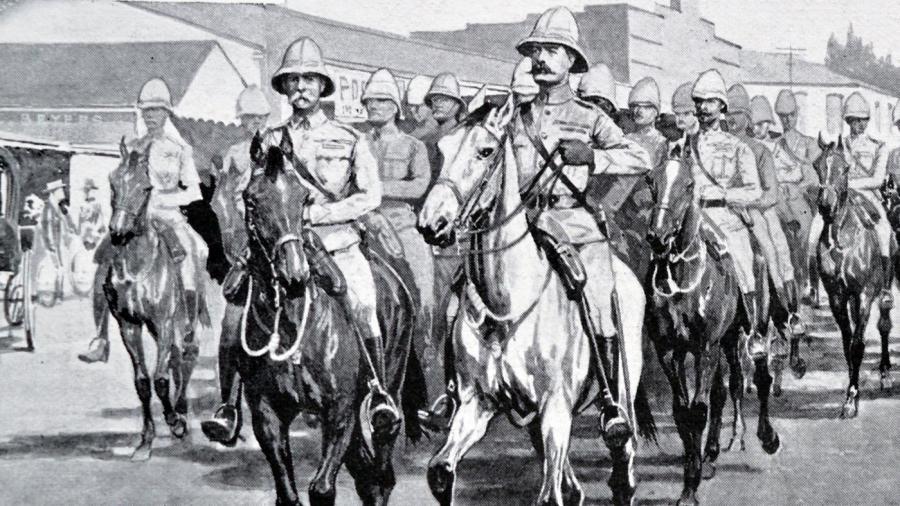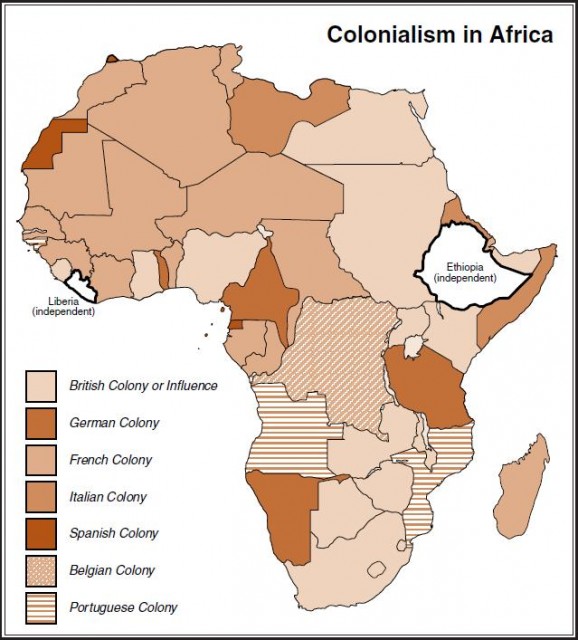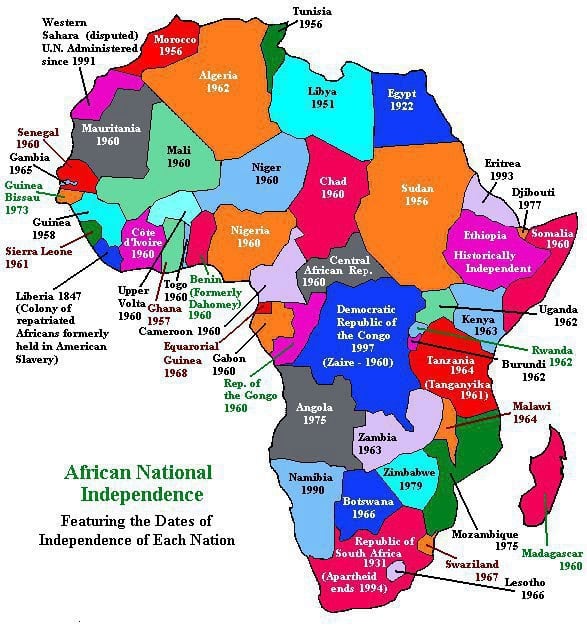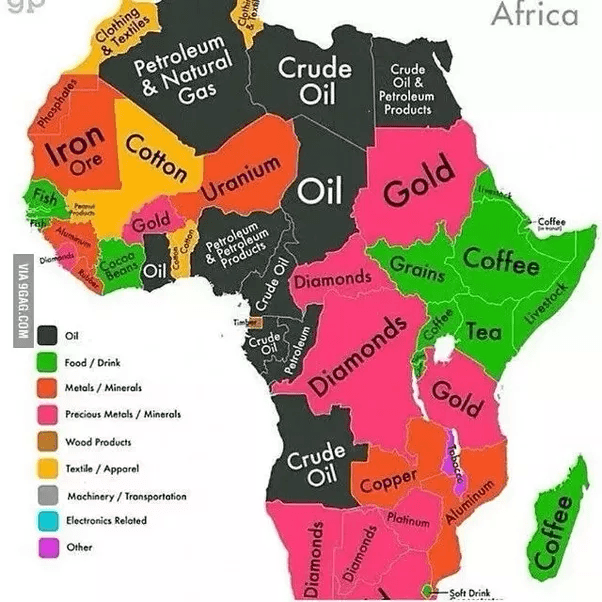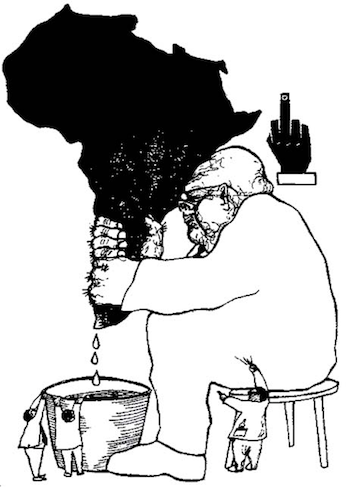Imperialism in Africa was a period of colonization of African territory by European powers during the 19th and early 20th centuries. It was driven by a desire for resources, territory, and markets, as well as a belief in the superiority of European culture and technology.
During the Scramble for Africa, European powers carved up the continent and established colonies, protectorates, and spheres of influence. This led to the partition of Africa, with European powers controlling nearly the entire continent by the end of the 19th century.
The impact of imperialism in Africa was significant and long-lasting. European colonization brought about significant changes to African societies, including the introduction of new technologies, systems of governance, and religions. It also had a profound economic impact, with European powers extracting natural resources and wealth from their colonies.
However, the negative impacts of imperialism in Africa far outweighed the positive ones. European colonization often led to the exploitation and oppression of African peoples, as European powers sought to extract as much wealth and resources as possible. This included forced labor, land confiscation, and the suppression of local cultures and traditions.
Imperialism in Africa also had a lasting impact on the political landscape of the continent. European powers often supported authoritarian regimes and propped up dictators in order to maintain control over their colonies. This legacy of foreign interference and authoritarianism has contributed to ongoing political instability and conflict in many African countries.
Overall, the period of imperialism in Africa was a complex and controversial one, with both positive and negative consequences for the continent and its people. While it brought about significant changes and introduced new technologies and ideas, it also resulted in exploitation, oppression, and ongoing political instability.
